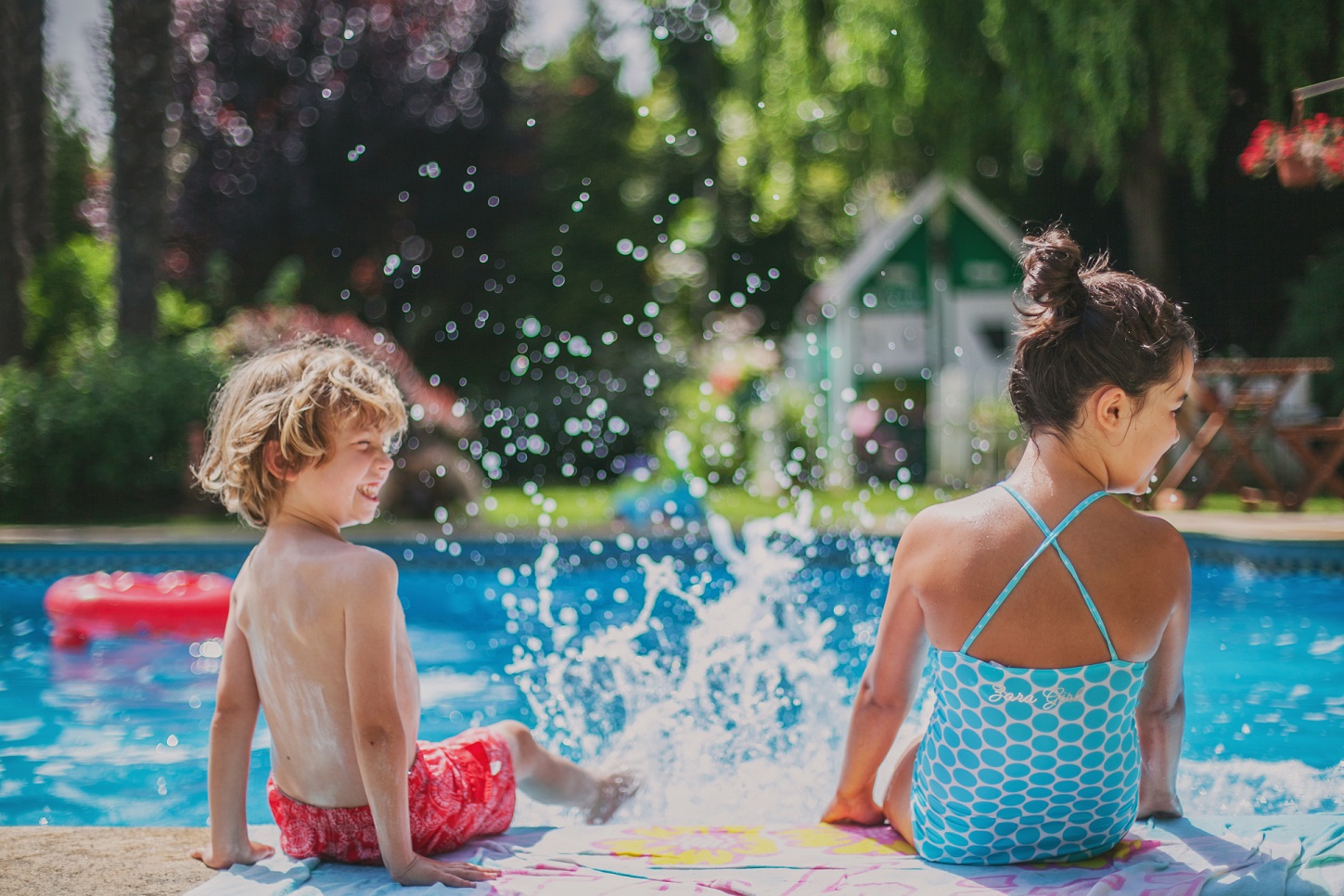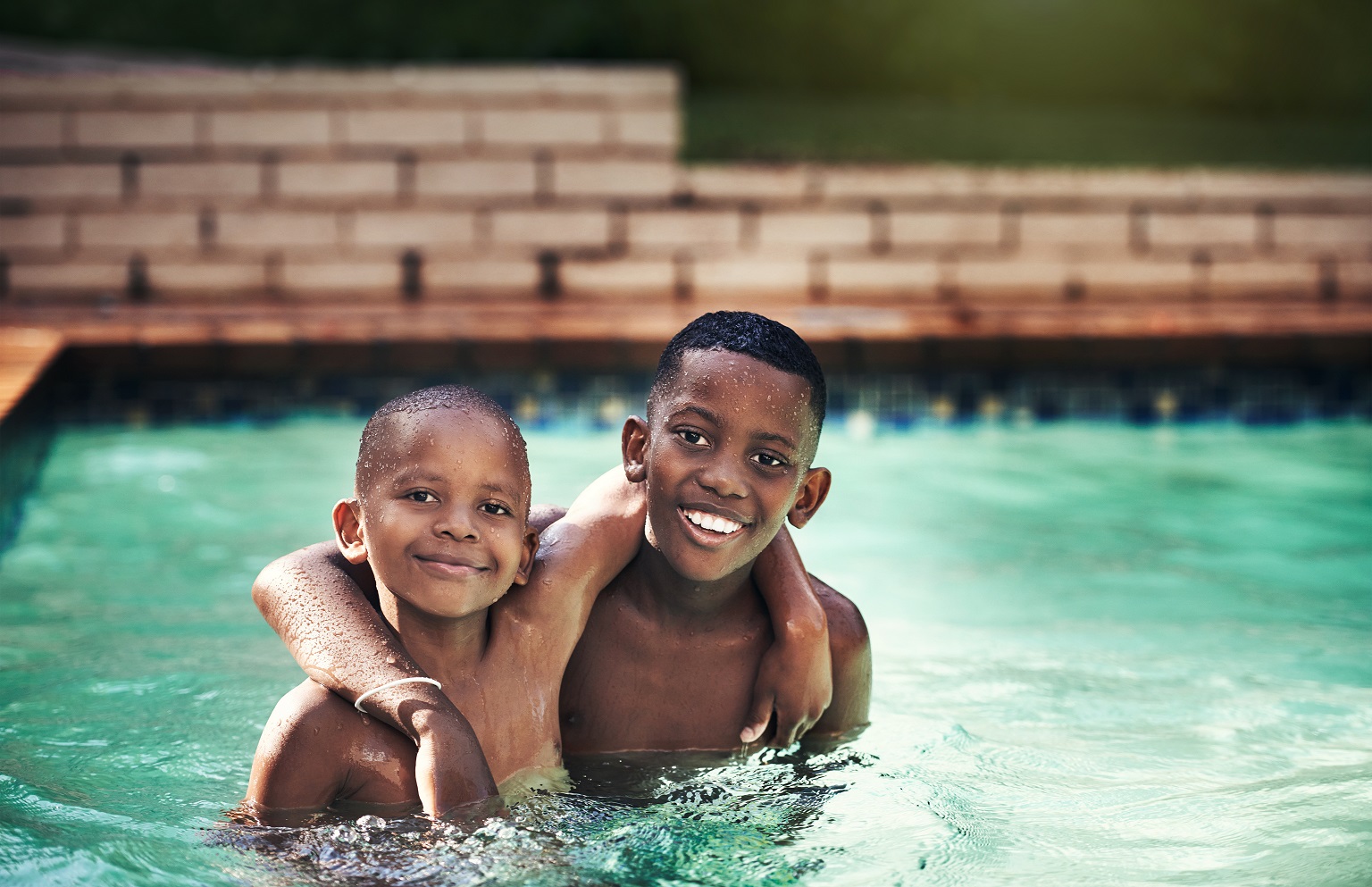There are certain topics that parents often discuss before their kids visit a friend’s house – such as food allergies. Water safety should be included in these conversations as well. Playdates may involve fun at the pool especially during warmer months, so it is important to ensure every home your children visits practices simple water safety steps.
To keep kids safer in and around the water, start the discussion by asking these five questions before sending your child on a playdate to a friend’s home:

- Does your home or a neighbor’s home have a pool or spa?
All parents should first ask if there is a pool or spa at the home or in the neighborhood that is within walking distance, which children could easily access. If the answer is yes, this will help to set up an important conversation about water safety with the supervising adults.
- Do the children plan to be in or around the water?
If the weather is hot, it is safe to bet that kids may want to visit a nearby pool during a playdate. Always ask the supervising adults if visiting a pool or spa is part of the day’s plan. If your kids indicate that they will be swimming with their friends, it is the perfect opportunity to utilize the Pool Safely Kids’ Corner. It won’t hurt to show the adults the Pool Safely safety tips as well!
- Will there be adults supervising the children if they are in or around the water?
Close supervision is essential when children are in or near a pool or spa. This is why it is so important to designate an adult Water Watcher to keep an eye on children in the water and never leave them unattended. Water Watchers should not be using their phones, reading books or otherwise distracted. If a group of adults is present, they can take turns being Water Watchers to allow everyone to have an enjoyable time, while also ensuring that someone always has an eye on the kids.

- Do the supervising adults know CPR?
Learning CPR can help save a life in the event of a drowning incident. Studies show that if CPR is provided immediately, it can double, or even triple, a drowning victim’s chance of survival. Adult supervisors and bystanders are often the first people available to aid a drowning victim, especially a child. Knowing that a supervising adult is prepared to perform CPR in case of emergency will provide you with peace of mind if your child is spending time in the water while you’re not around.
- Which barriers exist to prevent children from gaining access to the pool or spa unattended?
Children are naturally curious, so it is important to ensure that every home your child visits has proper barriers in place to prevent kids from gaining access to the water without adult supervision. Double check that the home has layers of protection around pools or spas, as barriers such as fences, covers and alarms can be lifesaving devices for curious kids.
When parents ask these important questions, not only are they helping keep your kids safer, but they are also reminding other parents about the importance of water safety. Spreading the word helps keep all kids safer in and around the water – no matter where they are!

